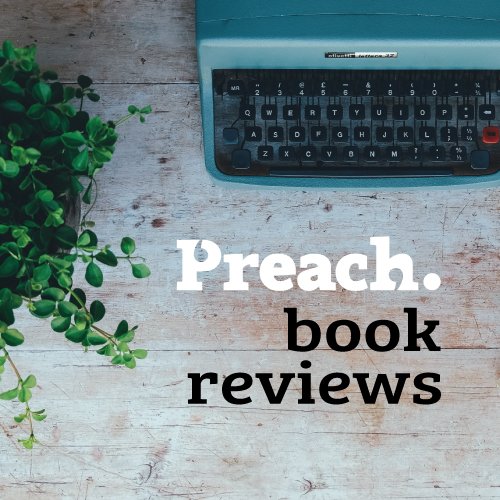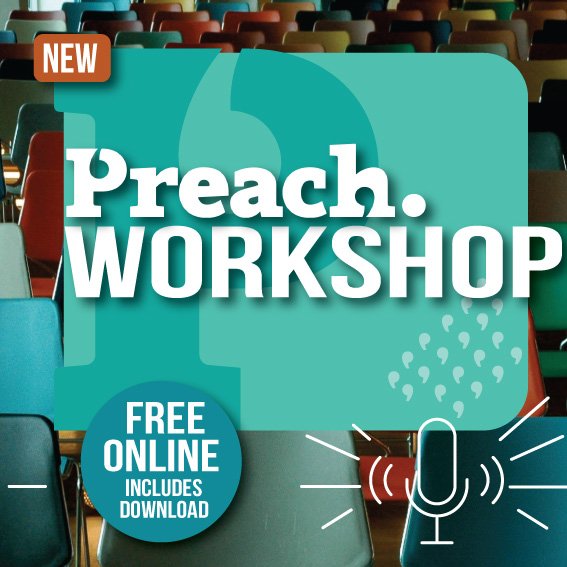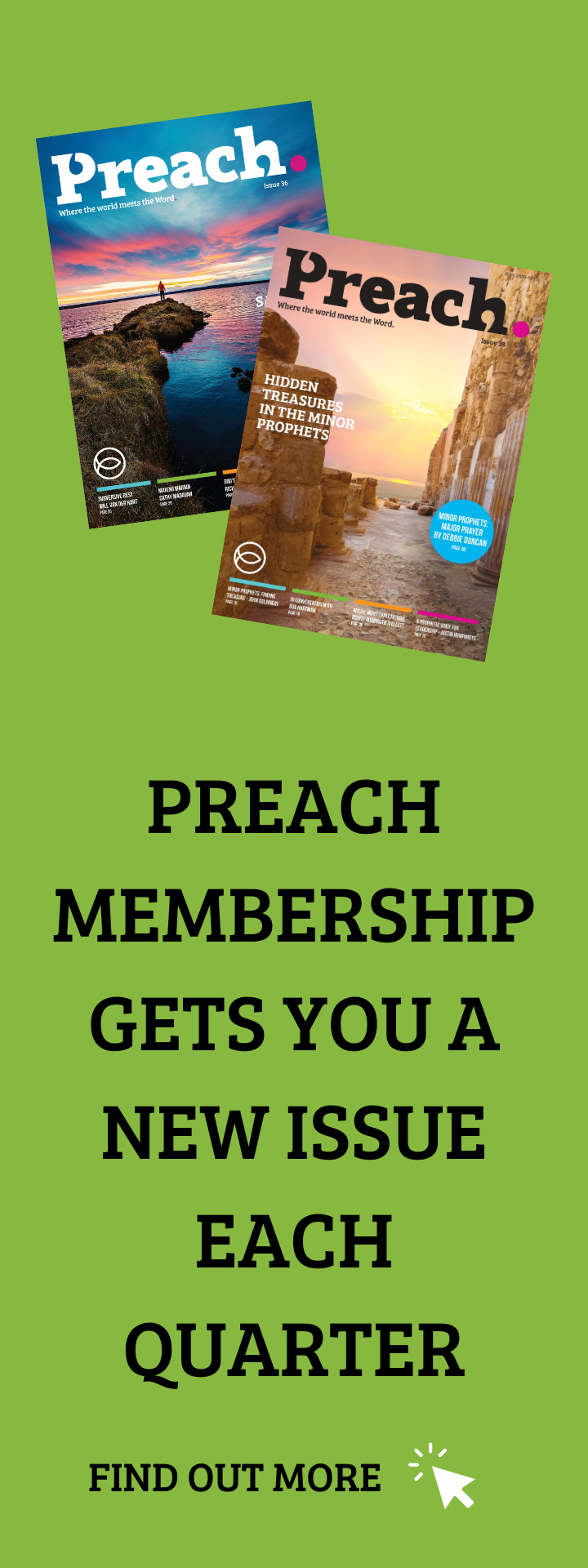How to Preach on suffering in a Broken Planet
/by Sharon Dirckx
Speaker and author Dr Sharon Dirckx shares how the use of stories in preaching is a helpful way to make sense of suffering, especially when it is caused by natural disasters.
The Turkey/Syria earthquake is all too fresh in our memories. For many, disasters such as these are hard to process. We observe them from a distance often at a loss to know what to do. The Covid-19 pandemic, on the other hand, was a natural disaster in which we were all caught up. We each have our own story to tell about the virus that traversed the globe. There are so many ways in which suffering comes to us. And suffering that originates from the natural world presents the hardest problem of all, especially for those of us who believe a good God made this very same world. How, as preachers and leaders can we help people to make sense of natural disasters, be they close to home or far away?
The use of stories
There is nothing that stays with people quite like a story. Especially if it is a story of someone who has endured adversity and continues to follow Jesus. Stories don’t necessarily answer all of our questions, but they show how God is present and at work even in the midst of deep tragedy and loss. They give us a window into someone’s journey whilst reminding us that human suffering is deeply mysterious and complex.
As preachers and leaders we need more stories.
Stories of God breaking through in extraordinary ways. Stories of patient endurance. Stories with a ‘tidy ending’, and stories of Jesus being present in a mess that we don’t understand. In my new book Broken Planet, I weave stories of people who have encountered natural disasters first-hand, with chapters that explain why belief in God still makes sense. Both are vital. The stories are not simply an ‘add-on’, they are an argument in themselves.
One story is from a doctor helping with the aftermath of the 2004 tsunami in Indonesia. In his village, not one family was left intact. Everybody had lost somebody. But how do you process personal tragedy and grief when everyone around you is going through the same thing? The doctor noted how the translators, who were part of the aid team, began to have a dual purpose. They themselves were not in crisis at that moment and had time to sit with people and listen. Part of the reason they could bear the burden of another’s suffering was because they had come into their situation from outside.
This reminds me of Jesus.
The best story we have to tell is of a God who didn’t merely send us instructions on how to cope with suffering. Jesus came to us in person to be with us in our suffering. More than that, he went on to suffer like us and for us, so that the disasters we face need not have the last word in our lives. Whether we grieve our last living relative or are surrounded by large scale disaster, there is one we can go to whose capacity to love hurting people is without limit.
My hope is that anyone who reads the book will be encouraged that God’s existence still makes the best sense of the broken planet we find ourselves on. There is so much we don’t understand, but stories help. And the bigger story of what God is doing isn’t finished yet. There is still more to come.
Author: Sharon Dirckx
Dr Sharon Dirckx is a speaker and author. Her new book, Broken Planet, combines real-life narrative with apologetic and scientific argument to respond to the question, “If there’s a God then why are there natural disasters and diseases?’.
Follow Sharon on Twitter @sharondirckx
Broken Planet: If There's a God, Then Why Are There Natural Disasters and Diseases? was published in February 2023 by IVP.
“God is present and at work even in the midst of deep tragedy and loss”







